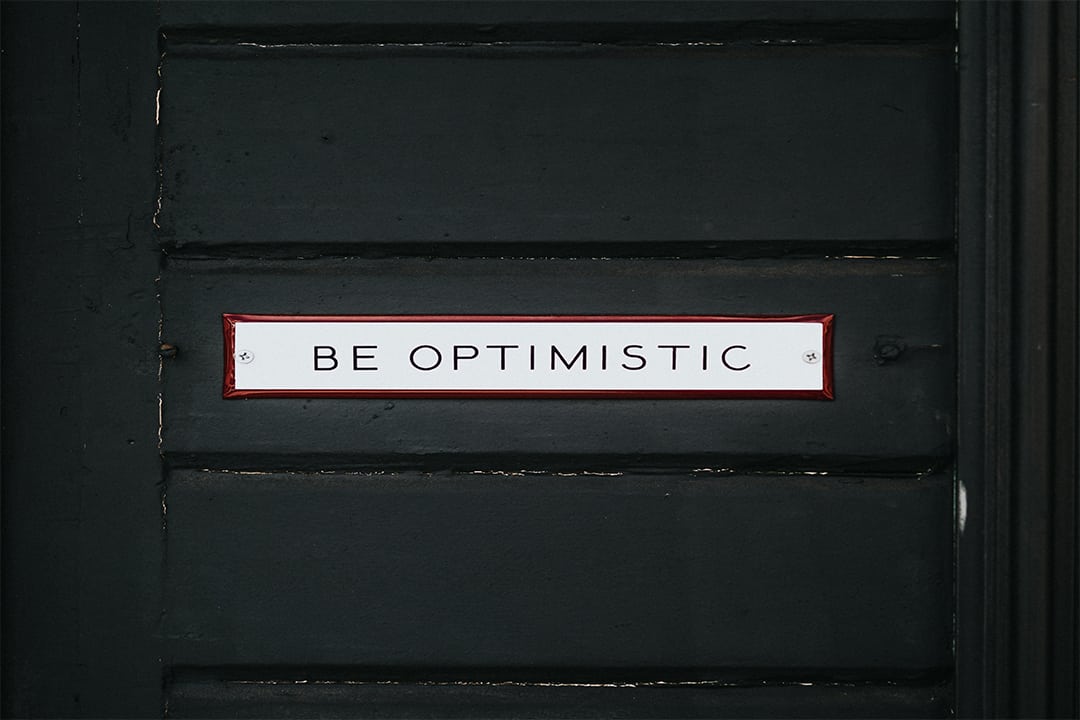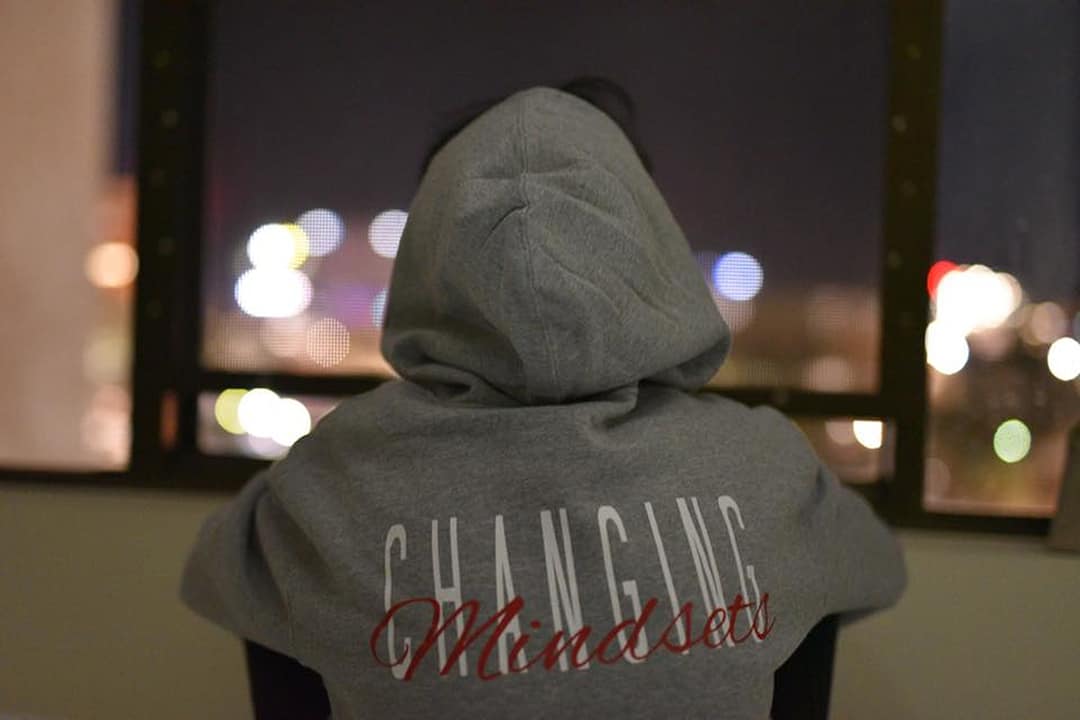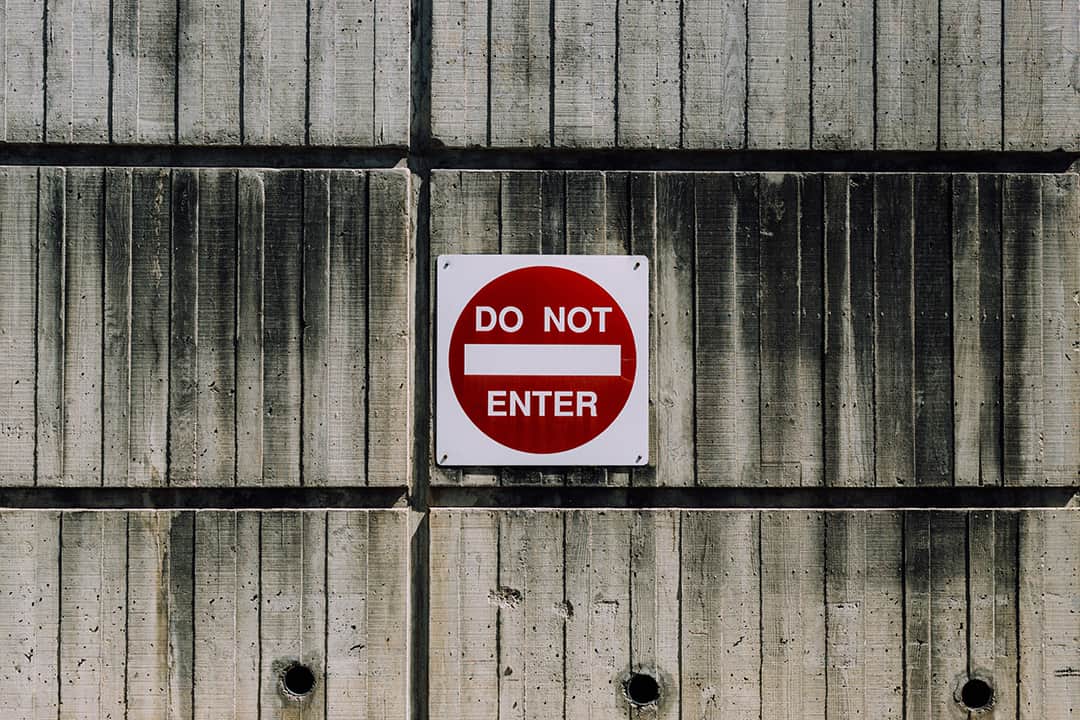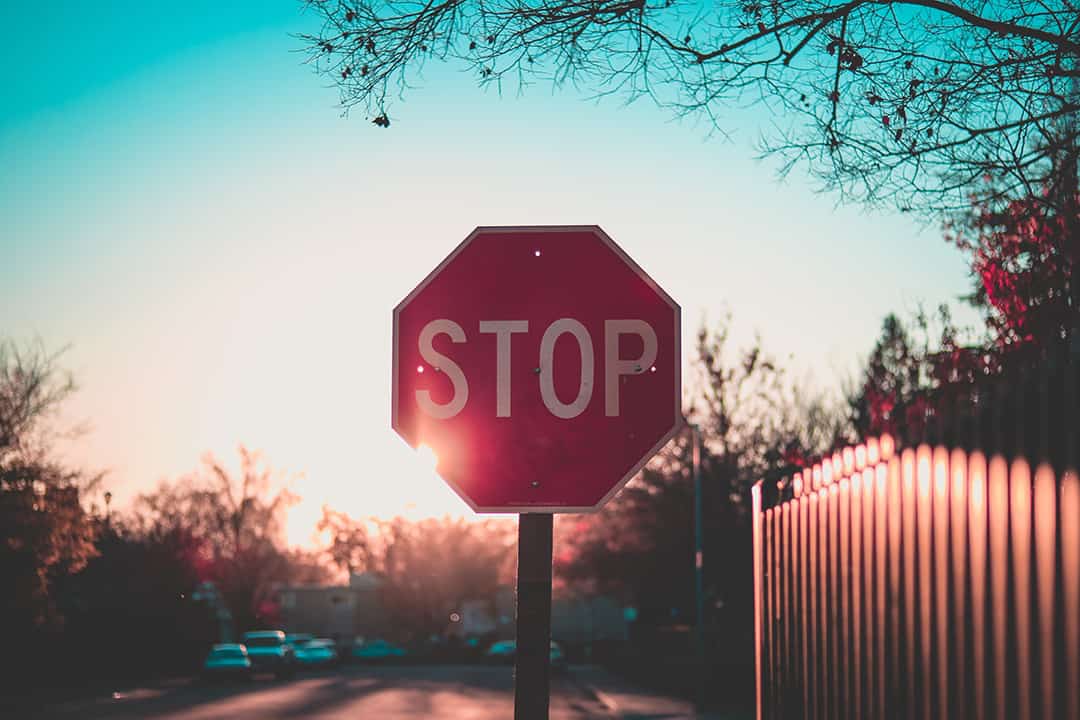The top 5 reasons that stops people from beginning their journey of recovery.
This month we are exploring recovery and how to go from admitting there’s something not quite right to getting back to a better, happier and healthier frame of mind. This week we are listing down the top 5 reasons that stops people from beginning their journey of recovery.
- Only if you are worthy:
Going through trauma, bereavement or abuse is a horrible experience, and no one can force you to stand up and get over it. However, that doesn’t mean that things will not get better. Just like we have an immune system that automatically kicks in and usually helps us heal, with time, our mental factions also recover. It’s not a question of whether you are worthy or not, because everyone has an immune system and everybody has the capability of healing. Sure, it may take some time and sure, it can take a lot of strength and self-discovery – but we can all recover bi’ithnillah (with the permission of Allah). Our Self-love and Acceptance Series can shed more light on how you can start.

So, even if you have low self-esteem or you are feeling guilty from an experience that makes you feel you don’t deserve happiness, try to keep in mind that your emotions should not dictate your ability to pursue happiness. Guilt and shame will come and go but you control your ability to heal, and you can gear your mind towards receiving the best out of life. Remember that Allah (SWT) has promised that we are all worthy of redemption and a content life, so even though we may feel like horrible people, there is always that hope that we can come back from that. Even Prophet Musa (Moses) mistakenly killed a man, but was forgiven by Allah (SWT).
“And he entered the city at a time of unawareness of its people, and he found there two men fighting, – one of his party (his religion – from the Children of Israel), and the other of his foes. The man of his (own) party asked him for help against his foe, so Musa (Moses) struck him with his fist and killed him. He said: “This is of Shaitan’s (Satan) doing, verily, he is a plain misleading enemy.” He said: “My Lord! Verily, I have wronged myself, so forgive me.” Then He forgave him. Verily, He is the Oft-Forgiving, the Most Merciful.
[Quran 28:15-16]
- What if?
Another thing that can stop us from recovering is the fear of the unknown. What if I recover and the same thing happens again? What if I finally find happiness and it is snatched away? What if I heal and then get hurt again? These thoughts are distortions in our thinking, and we have to find a way to challenge them and think objectively. One of our previous themes is ‘Challenging Cognitions’, which explores how we can start to think in ways that become unhealthy unless we challenge our mind.
If we train ourselves to stop making up future scenarios based on fear, and stop focusing on what we don’t know and don’t have control over, then maybe we can start making huge strides on the road to recovery.

It’s okay to be afraid and apprehensive. It’s okay to hesitate and be unsure about the unknown. But it’s not okay to use that fear and uncertainty as fuel for negative thinking and hindering your recovery. We all have these thoughts, and that’s fine, but when we translate them into unhealthy actions that is when we put ourselves at the losing end.
- It’s not a big deal:
Sometimes we can think that what we faced is small, and it’s not that big of a deal, so everything is okay. Well, that’s fine in theory, but in reality every human has different capabilities. Some can deal with more physical pain than others. Some can find it easy to move on from betrayal or heartbreak compared to others. Some can even not think it’s a big deal when they are repeatedly put down in public or told that they are always wrong. We are all different, and what may be a big deal to some is not a big deal to others. So, don’t use this as an excuse to mask what you are going through. Instead of writing it off as ‘not a big deal’, reason with yourself in an honest manner:
Yes, it may have been a small thing, but no, I am not really okay with it, and yes, I may need some time to deal with my feelings.

You’ll find that by doing this, you’re actually better off and in a positive frame of mind more often. By being honest in this way, you may also find that you feel more comfortable standing up for yourself when somebody repeatedly treats you unfairly or takes your right away. So, yes, it may not be a big deal, but you are human and you can feel hurt by the small things as much as by the big things.
- I’m drowning:
Feeling like you are drowning or losing sight of yourself is a blissful state of being. You don’t have to worry, you don’t have to feel, you don’t have to do anything. It’s the reason why people get high or use smoking and drinking to cope. You can check out our Coping Mechanisms Series for more information on this. Even in this state, the truth is that you are drowning. You may feel better in the short-run, but give it some time. Further down the line, you may reach the realisation that you have lost yourself.

Our identity is continually shaped and reshaped with our experiences. So, when we stop ourselves from recovering because ‘it’s fine, I’ll deal with it later’ or ‘it’s so much better to just feel nothing at all’ we are actually changing our identity to one that is built on our poor mental health. Pretty soon, we can be drowning in the newly-made identity of our suffering. Pretty soon, all we may feel is regret that we didn’t stop this exact thing from happening; that we didn’t try harder to get out from under the water. In our bereavement series, we talk about how to deal with God-given pain.
- Deny, Deny, Denial:
The hardest thing when it comes to mental health is admitting that you have a problem or a difficulty. Giving in to that vulnerability is the single most difficult thing a person can admit to – whether it’s to themselves or another person. When a family or loved one broaches the subject that something is not right or that they have noticed you are going through something, the first instinct is to say ‘I’m fine’ or ‘there’s nothing wrong’. Worst-case scenario is when you get defensive and say things that you perhaps don’t mean. The result can mean feeling all alone.

Denial is the biggest barrier towards overcoming our difficulties and getting onto the path of self-healing, and this denial can take so, so many shapes. From anger and violence to emotional outbursts and escapism, our denial can literally take over our lives and make us a shell of who we used to be. It’s not something that is obvious, or even a red flag, but believe us when we say that there will come a point when you look at yourself in the mirror and think ‘What has happened to me?’
That’s the power of denial. You don’t have to make an obvious change, you don’t even have to announce it to the world. All you need to do is admit it to yourself – I’m not okay.
I’m going through this, and I’m not okay. But I want to get to okay. I want to get to being happy.
You are your best bet at recovering. Nobody can hand you recovery on a platter or postal package. Even Allah (SWT) cannot help you heal if you don’t take the first step. So embrace your control and your power within the appropriate and correct means. You are your first priority, if you aren’t yourself then all those other priorities won’t really matter.





AsalamoAlaikum
I hope you are well. I tried to send you a message via the contact form but it did not work. Please feel free to delete this.
I enjoy reading the articles I receive from yourselves. I wanted to provide some feedback if I may.
I think that your articles are a little too wordy. The sub-headings do help to break-up the article, but then I think the longish paragraphs make it harder to go through the ideas that you are presenting.
Your ideas are valuable, and certainly worth reading. I think that perhaps by using more bullet points, or summaries, might make the content easier to read.
This feedback is based on my experience of reading. I can’t say I’m an editorial expert or anything, but just wanted to make you aware of these points so that you can get your message across easily to your audience.
Keep up the good work.
With warm regards,
Sohaib Sandhu
Wa-Alaykum Salaam Sohaib,
Thankyou for your message and feedback. We appreciate your support. The aim for our blog is to write weekly letters to our readers, as a friend or a secret pen-pal. We do try to write different article styles, from continuous prose to poems, listed and bullet points articles. We also welcome articles from our readers who can submit their contributions anonymously as a guest author, which can be a featured poem, short story, continuous prose or listed article.
Having said this, I can forward your feedback to our Writers team and see how we can try to cater for shorter articles.
JazakAllah Khayr,
Sarah Gulamhusein